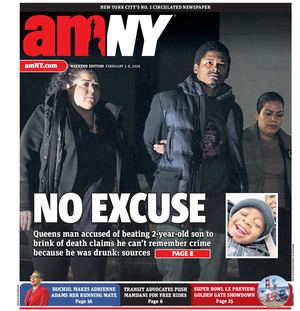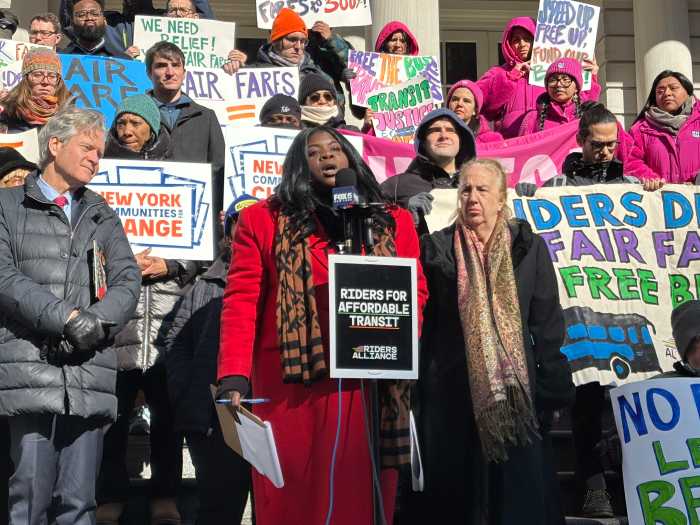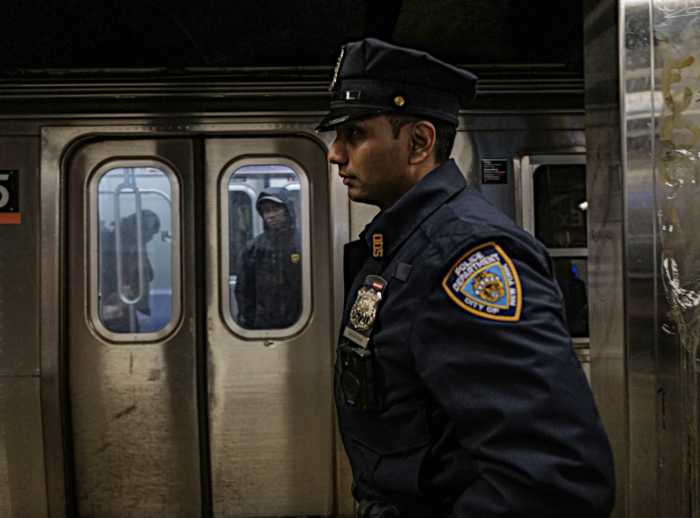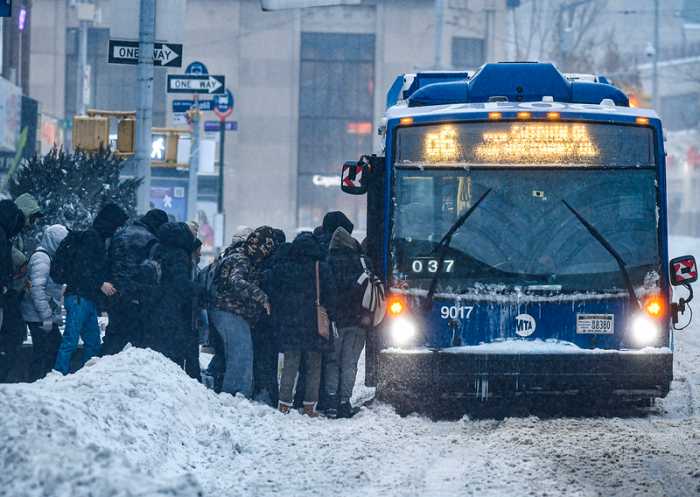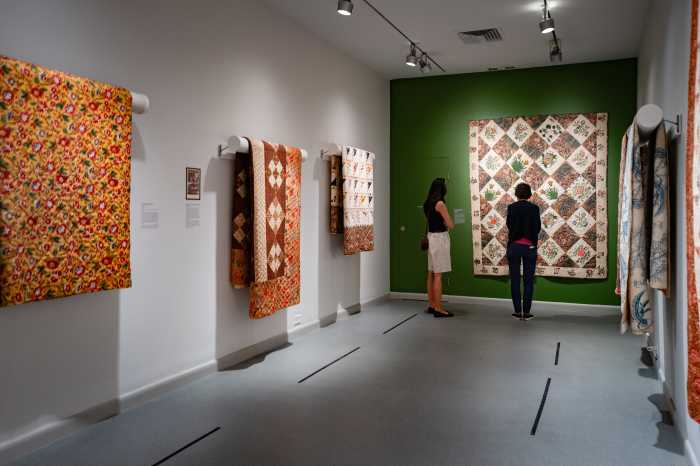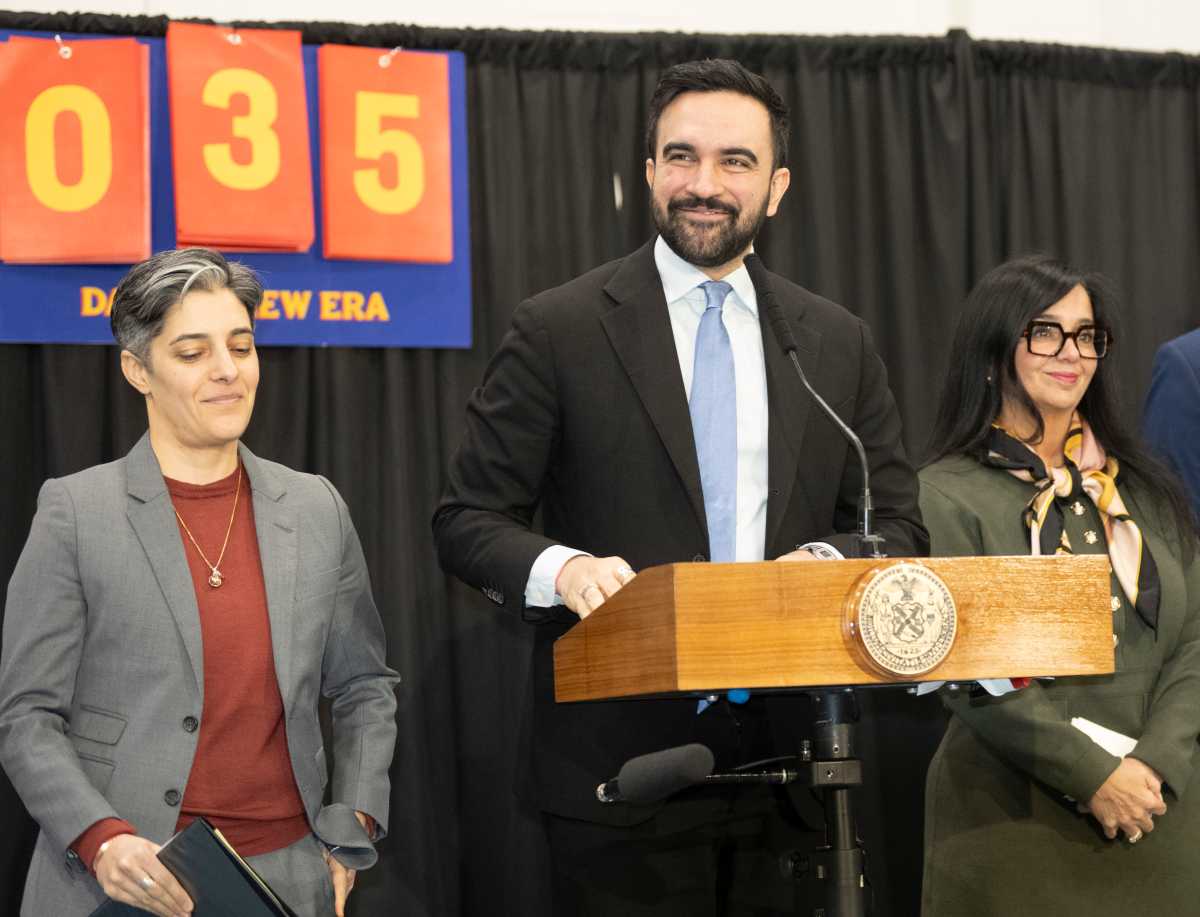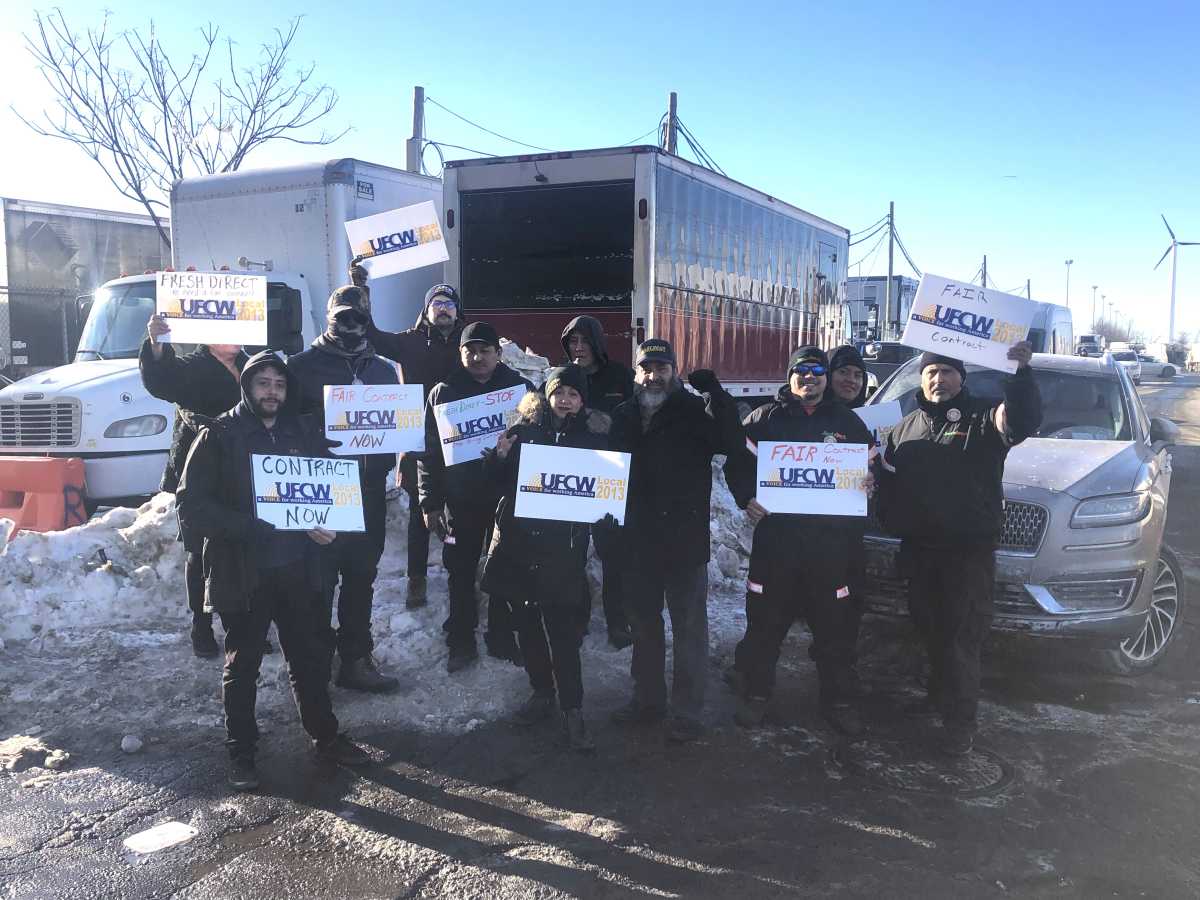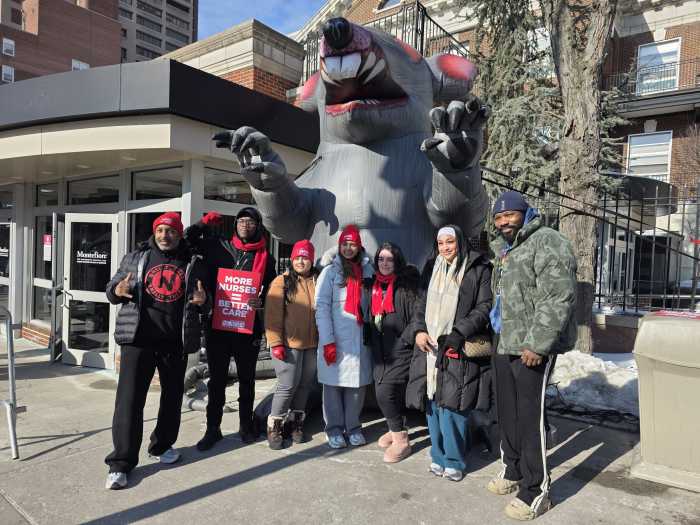As the City Council is set to vote on a series of bills that would protect Uber passengers’ privacy and wallets, a group of disability advocates will push the city to look out for wheelchair bound New Yorkers.
The full Council will vote on four bills Thursday that would make black car companies more transparent and protect consumers’ identities.
James Weisman, the president of the United Spinal Association, said he is ashamed that the city hasn’t created legislation to help riders with disabilities. His non profit and others planned a rally outside City Hall before the vote to mandate that vehicle companies and e-hail app companies be wheelchair accessible.
“The disability community should not have to wait any longer for equal access,” he said in a statement.
City Councilman Ydanis Rodriguez, who chairs the transportation committee, said he is interested in holding a hearing about the topic in the coming months.
An Uber spokeperson said the company is mindful of wheelchair bound users and has been working on ways to address their needs including the UberWav option in the app. The service allows users to e-hail a wheelchair bound yellow or green cab and has an average 5-7 minute pickup time, according to the company.
“Before Uber, these riders were too often left stranded waiting for one of the small number of accessible cabs to pull up,” the spokesperson said in a statement.
The disability advocates however, contend that UbberWav doesn’t address the fact that there are no Uber cars that are wheelchair accessible and wheelchair bound riders are being ignored.
The Uber representative did say the company is fully supportive of the four bills up for vote on Thursday, which were created in response following concerns over the privacy of riders’ personal information and hidden fees.
One of the pieces of legislation would mandate that TLC licensed companies protect names, addresses, credit card information, and any GPS data collected a passenger traveling in a licensed vehicle. Uber came under fire for its reported “God View” system that allowed administrators to track users in real time.
The company agreed to limit access to that data with select employees following settlement with the state attorney general’s office in January.
Another bill would require black cab companies and ride sharing app companies to provide passengers with an estimate cost of their ride upon request. If a driver charges a rider 20% higher than the estimate, they will face a maximum fine of $500.
